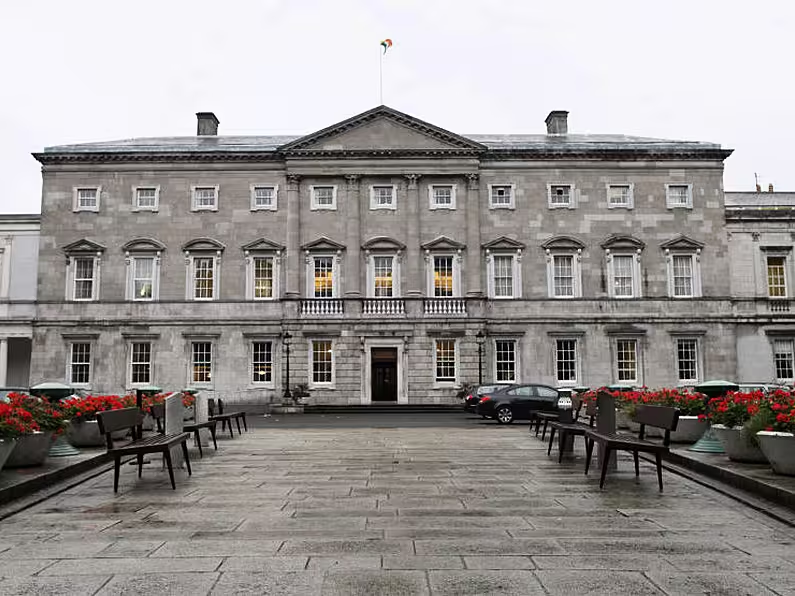Michael Bolton
The Government has announced two referendums on plans to remove the reference in the Constitution to the role of women in the home, and an expansion of the concept of the family.
The votes will take place on March 8th, 2024, on International Women’s Day.
Plans were approved for a referendum to amend Article 41.1.1, which currently recognises the family “as the natural primary and fundamental unit group of Society”, to define the family as “whether founded on marriage or on other durable relationships”.
Article 41.2, which currently recognises that “by her life within the home, woman gives to the State a support without which the common good cannot be achieved”, will be deleted.
It would then be replaced by: ‘The State recognises that the provision of care, by members of a family to one another by reason of the bonds that exist among them, gives to Society a support without which the common good cannot be achieved, and shall strive to support such provision.’
Speaking to reporters at Government Buildings in Dublin, Taoiseach Leo Varadkar acknowledged it has taken some time to progress the referendums.
“I know there’s been some criticism for the fact that we’ve not moved more quickly, but constitutional amendments should not be taken lightly or considered in a rash way,” he said.
Mr Varadkar explained the Government would be holding votes on two of the recommended changes, but not the third.
“In relation to the family, our Constitution will continue to explicitly protect both the family and the institution of marriage,” he said.
“We’re proposing wording, however, that acknowledges that families may also be founded on lasting relationships other than marriage. For example, the family headed by a lone parent or a family headed by a grandparents or guardian.
“All of us know people who are committed to each other in a loving relationship over a sustained period of time who are not married. The current protection afforded to families under the constitution might be thought of as a protective shield or canopy from external or state intervention. As currently written, the protection only extends to married families.
“Through our proposals, we’re extending this constitutional shelter to other lasting relationships and putting them on an equal footing with married families. The proposal will enable the constitution to catch up with contemporary reality and ensure that it reflects positive, inclusive ambitions.”












